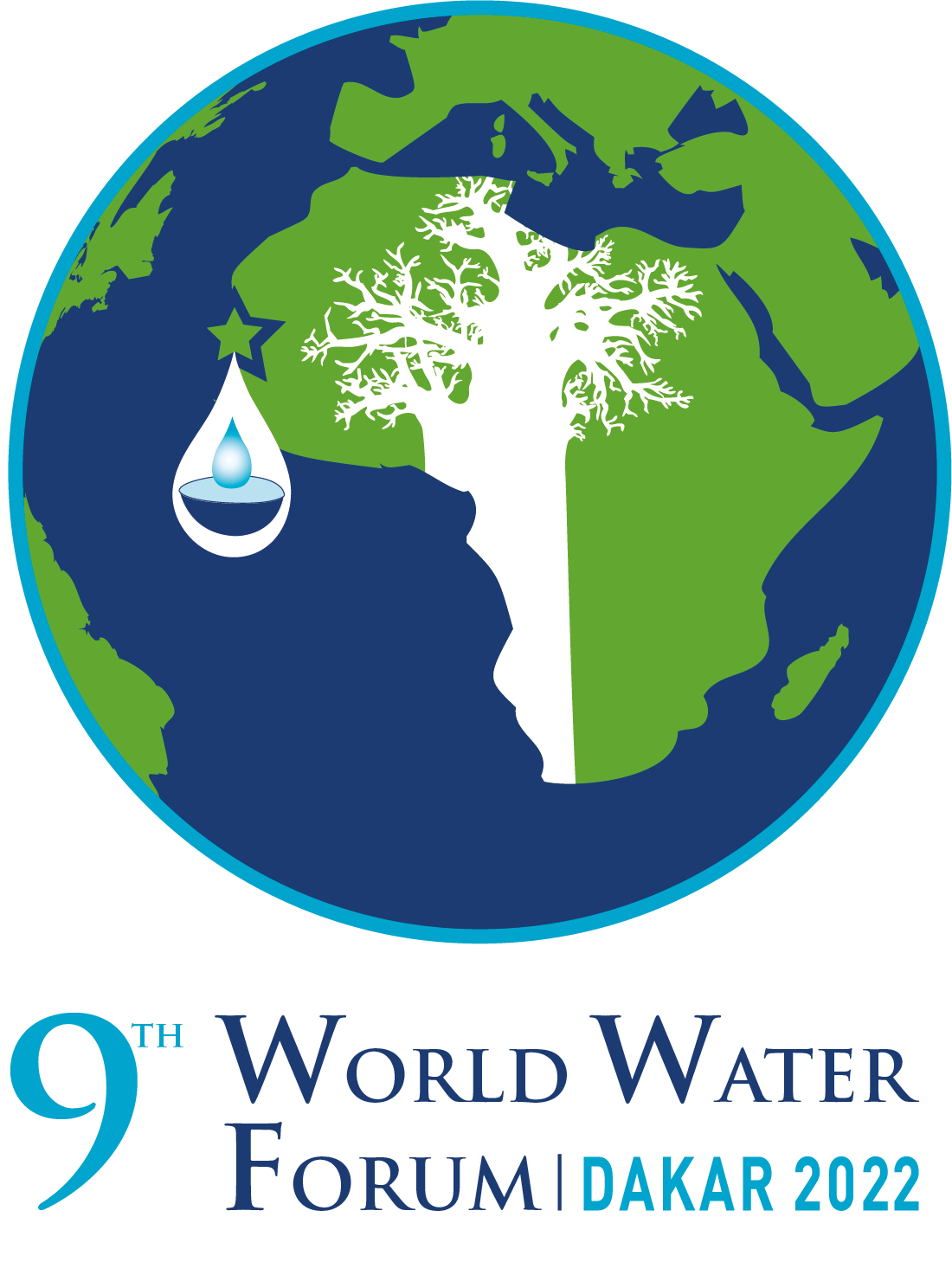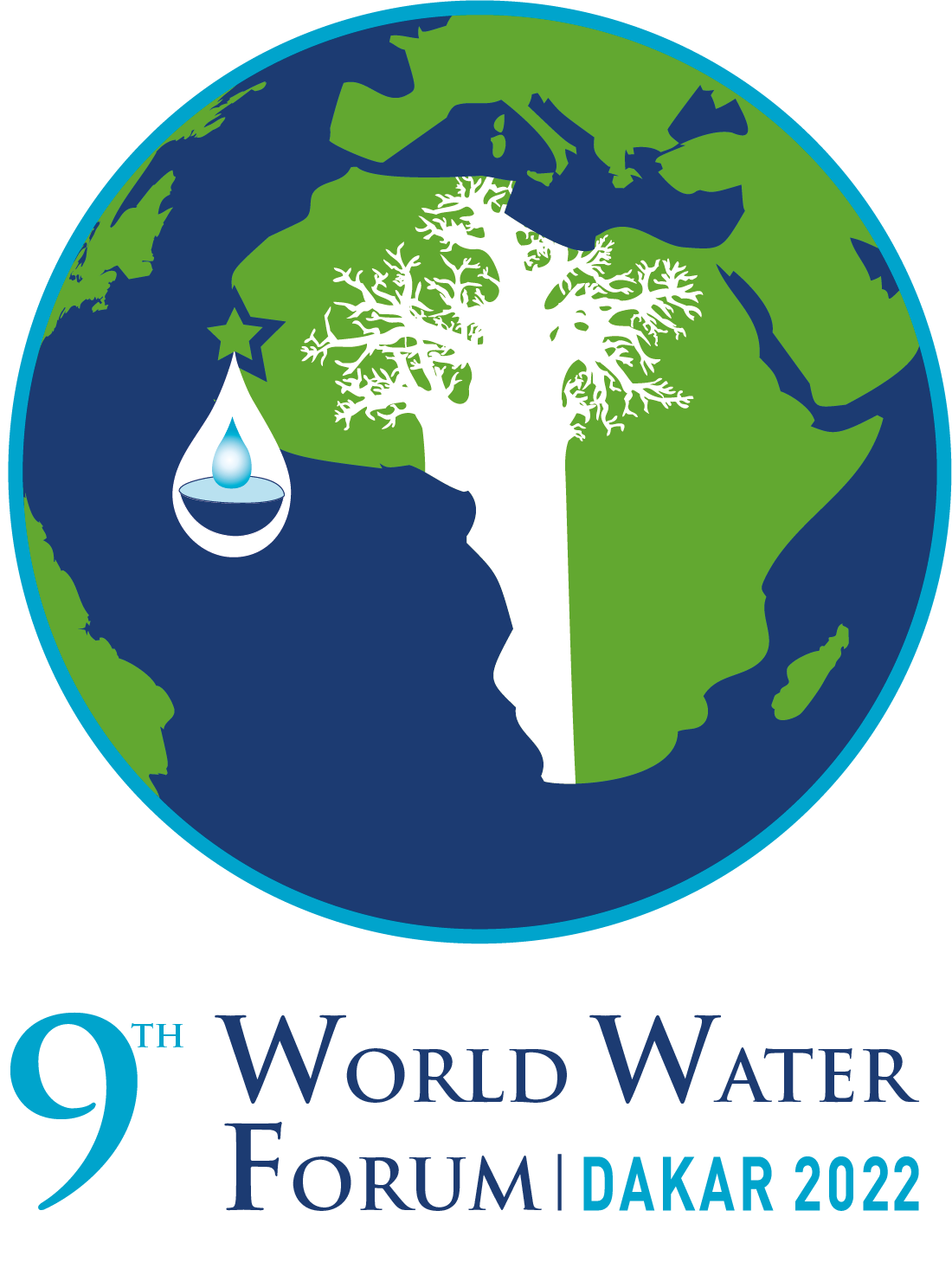INBO, strategic partner of this 9th edition,
will meet you in Dakar!
|
|
|
|
|
The International Network of Basin Organizations (INBO), which has been leading ambitious actions for the joint and sustainable management of water resources at the basin level for 30 years, will organize and participate in more than 20 exchange sessions on IWRM at the level of basins, cooperation, water data sharing and adaptation to climate change.
“I applaud the mobilization of INBO and its members to make the voice of basin organizations heard during this unavoidable world meeting on water security for all. In a context of climate change, it was crucial for INBO to highlight the analyses and solutions we provide on related topics such as peace, green finance, cooperation, knowledge sharing, innovation, NBS, etc.“.
Eric TARDIEU, INBO Secretary General.
|
|
IWRM in the spotlight
For the first time in the history of the Forums, Dakar included a political segment dedicated to basin organizations. With its partners, OMVS, OMVG, UNECE and the Swiss Government, INBO was in charge of the organization, animation and management of this segment.
The United Nations, the European Union, the World Bank, international basin networks and government representatives will meet on Thursday 24 March (Oval Room) to exchange on the strengthening of the basin management model. This segment will also be the occasion to assess the achievement of the dedicated targets (6.5.1 and 6.5.2) of the Sustainable Development Goal (SDG) n°6, for clean water and sanitation.
|
|
A Declaration for water and ecological security
On Wednesday 23 March, INBO members and partners will mobilize around the high-level panel on water and ecological security, in particular with the call for signing the Declaration:
“No water security without ecological security,
No ecological security without water security “
Each signatory commits to work towards “a better integration of ecosystems and biodiversity in water sector activities”.
|
|
Dakar Action Plan for river basins
Within the basin segment, INBO members and partners will also adopt the “Dakar Action Plan for the basins of lakes, rivers and aquifers”.
It aims at mobilizing the main stakeholders in basin management (basin organizations and committees, ministries, donors, water users’ associations, etc.) in order to accelerate the achievement of the SDGs by strengthening cooperation, planning, the legal and institutional framework of the basin organizations or by seeking innovative financing.
|
|
The members of INBO delegation present in Dakar during the Forum remain at your disposal for any questions and meetings, or in France after the Forum.
Contact of INBO/OiEau representative in Senegal:
Thelma Pelicier, +221 77 680 05 07, t.pellicer@oieau.fr
|
|
|







